CBD for PTSD
Estimated reading time: 11 minutes
- What is PTSD?
- What is a Traumatic Event?
- Conventional Treatments for PTSD
- Can CBD Oil Help With Post Traumatic Stress Disorder (PTSD)?
- What is the best form of CBD for PTSD?
- What's The Dose of CBD Oil For PTSD
- Endocannabinoid Dysfunction & PTSD
- Research Supports CBD for PTSD
- Key Takeaways: Using CBD For PTSD
- FAQ
- The Real CBD for PTSD
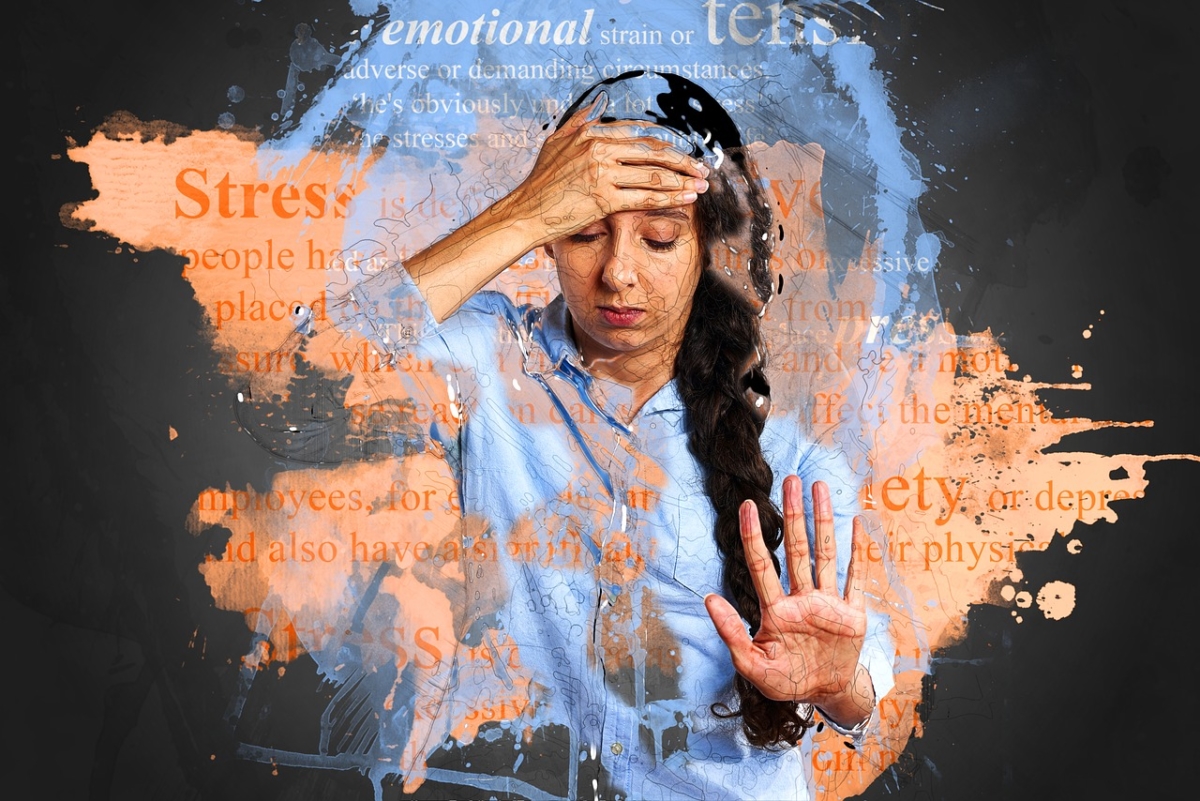
CBD might help get rid of the stress and anxiety caused by PTSD. Find out how it works, how much you should take, and what CBD oils work best.
At some point in their lives, at least 10% of people will have PTSD.
Most of us have been hurt in one way or another. It can be caused by abuse, war, accidents, natural disasters, or the loss of a loved one. It can be too much and make it hard to handle. Response to trauma can have devastating consequences.
Someone may have PTSD if they feel upset, disconnected, or alone after experiencing or seeing a life-threatening event. Most of the time, the treatments we have now don't work, and some of them have unwanted side effects, like Tinnitus.
Cannabidiol (CBD), which is a part of Cannabis sativa, has been shown in recent studies to be very helpful in treating PTSD symptoms.
Here, we talk about PTSD, how it affects people, and how high-quality CBD oil products can help people recover from trauma.
What is PTSD?
PTSD is a long-term psychological condition that can happen after someone goes through a traumatic event.
You might wonder if you or someone close to you has PTSD.
People often don't think they qualify for PTSD or that they have the “right” to have it because they think it only affects first responders and military veterans.
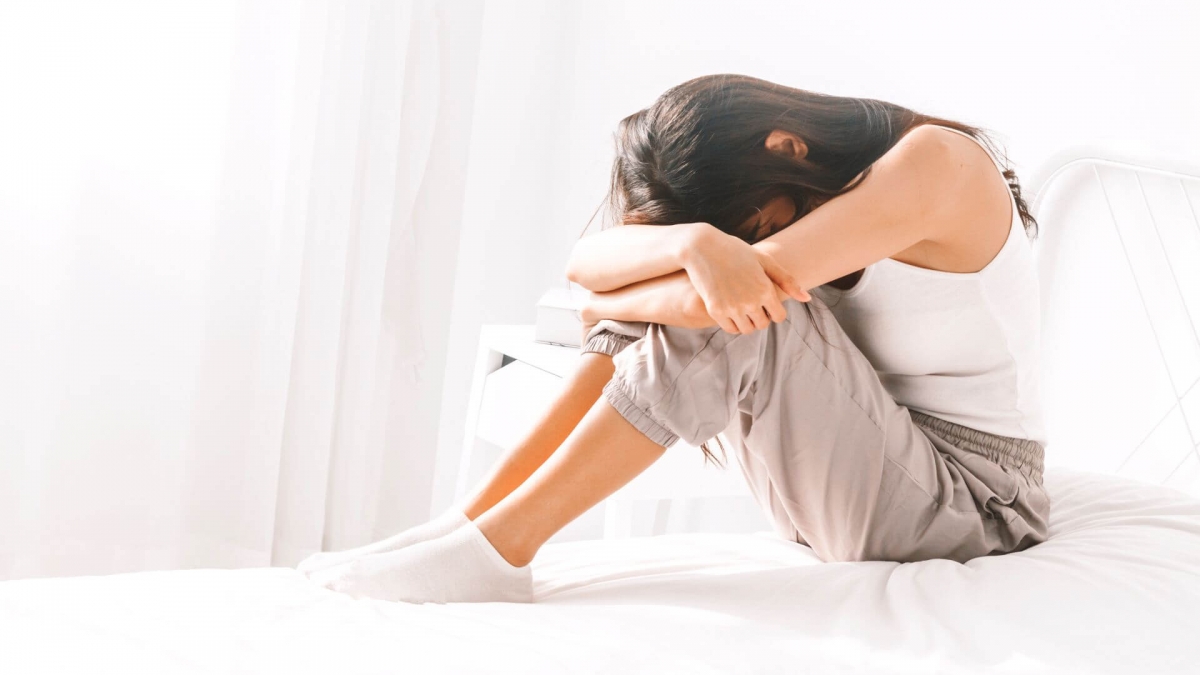
But PTSD can happen to anyone.
What is a Traumatic Event?
Traumatic events can be things that happen to you or that you see happen that pose a threat to your life or safety.
Some Examples of Traumatic Events Include:
- Violence or abuse in the home
- Seeing someone die or get hurt badly;
- Living through a car, train, bus, or plane crash;
- Surviving a heart attack or getting a serious medical diagnosis.
- Being a victim of rape or sexual assault.
- Being a victim of a crime, kidnapping, stalking, or torture.
- Going through a life-changing event, like getting divorced, losing a job, or losing a loved one.
- Experiencing natural disasters like bushfires, earthquakes, floods
- Experience in war or civil conflict or terrorist attack
Conventional Treatments for PTSD
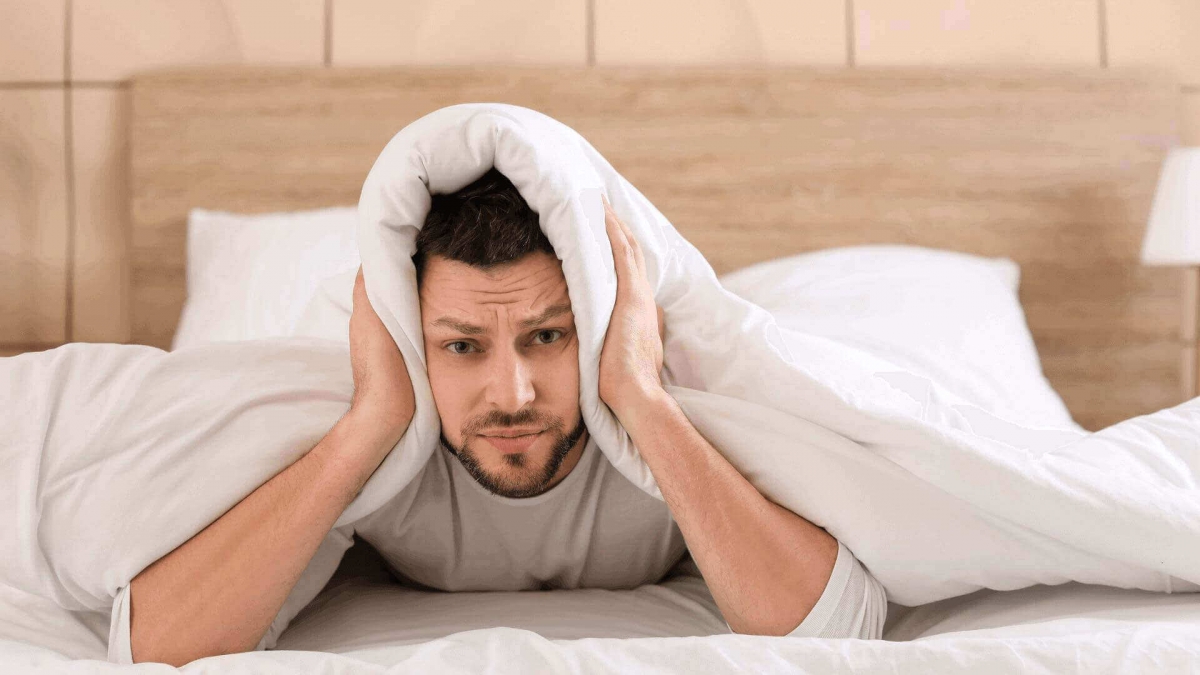
Psychotherapy is usually a part of conventional treatment, but antidepressants and other medicines can also help relieve symptoms.
People with PTSD symptoms often feel like their only choice is to take drugs and go to therapy for the rest of their lives. Medication has its place and can save lives, but most of the time it doesn't work.
Unfortunately, not many people with PTSD get better. These drugs can also cause unwanted effects, such as:
- Nausea
- Dry mouth
- Weight gain
- Sexual dysfunction
- Insomnia
- Constipation/diarrhea
- Dizziness
- Headache
- Worsening depressive symptoms
Opioids are also given to people with PTSD, but they are very addictive drugs, and people with PTSD may be more likely to develop an opioid use disorder than people who don't have PTSD.
Can CBD Oil Help With Post Traumatic Stress Disorder (PTSD)?
Researchers have found that CBD may help ease some of the symptoms of the disorder, especially in people who haven't done well with traditional treatments.
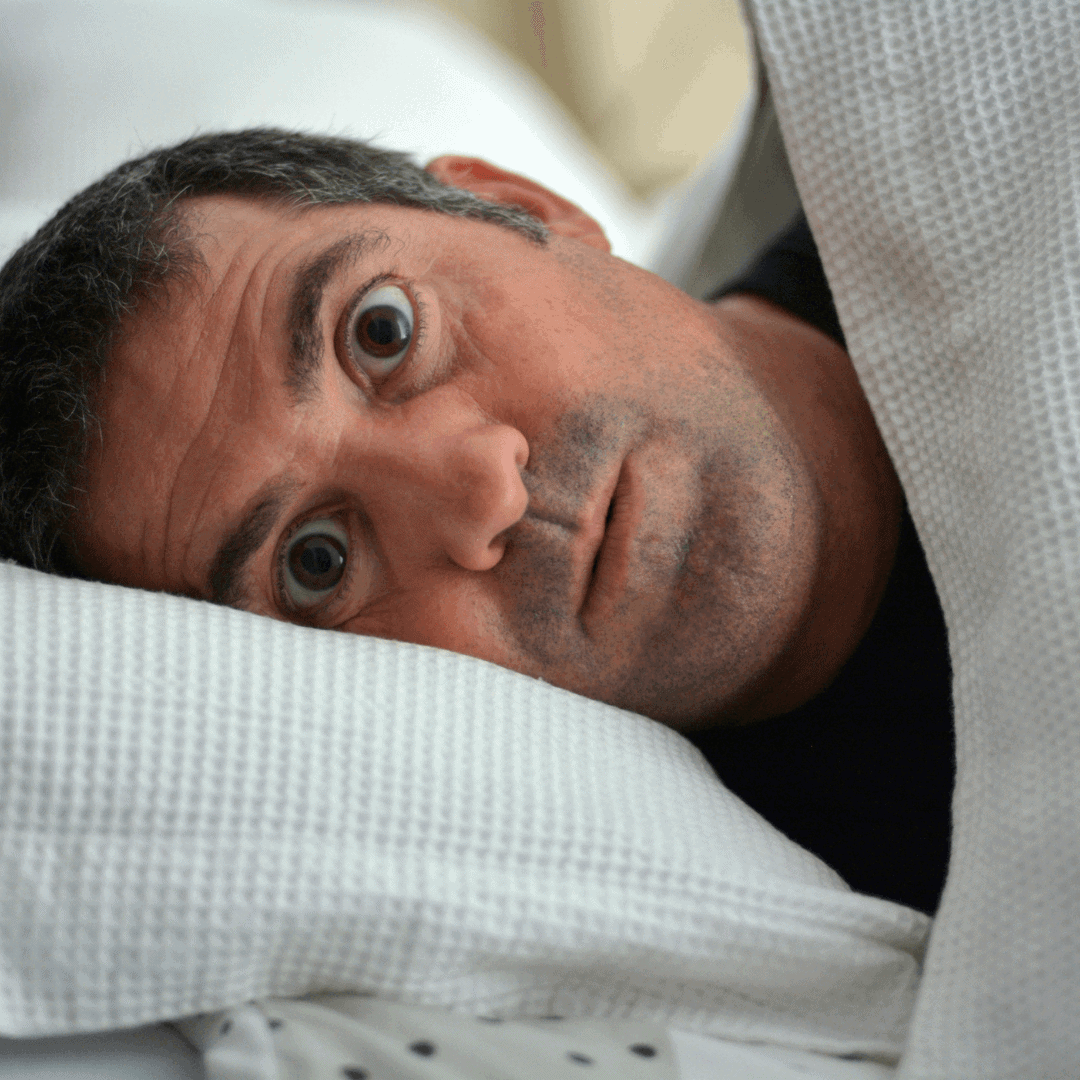
CBD oil can help with PTSD in many ways, such as:
It may stop nightmares and stop “fear memories” from happening. It could help with anxiety, depression, and insomnia.
1. It May Stop Nightmares
Clinical Trials have shown that CBD stopped PTSD patients from having flashbacks, nightmares, and memories that wouldn't go away.
2. It Prevents The Formation of Fear Memories
CBD disrupts the feelings of long-term fear memory processing, there reducing stress and anxiety.
3. It Reduces Anxiety and Depression Symptoms
CBD has a range of calming effects that can help lessen feelings of anxiety, panic attacks, and obsessive behavior, as well as the long-term impacts of stress
4. It Helps With Insomnia
CBD improves the quantity and quality of sleep and reduces night sweats.
What is the best form of CBD for PTSD?
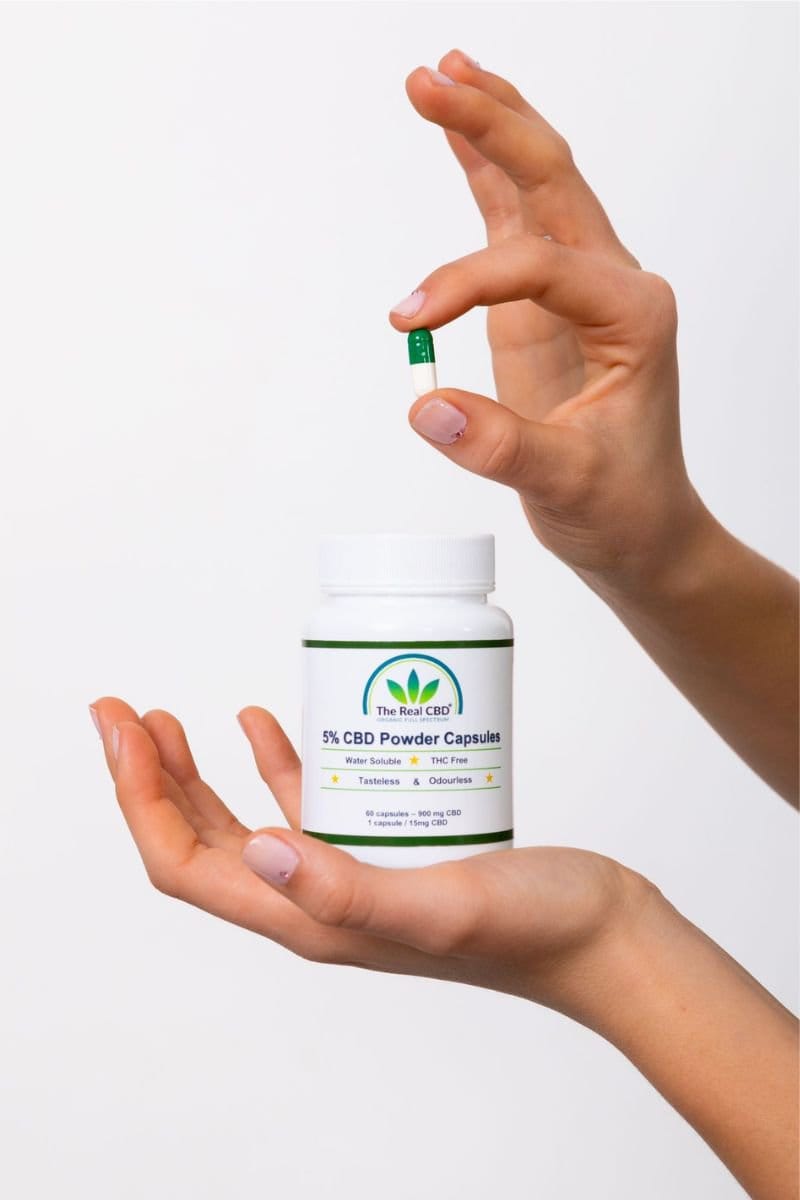
Different types of CBD are used in different studies to find out if CBD is an effective treatment for PTSD. Some of the studies use CBD that is applied to the skin, like oils, and others use CBD that is eaten, like gummies. When researchers looked at the different types of CBD, they found the following:
- CBD oil: A 2016 study found that CBD oil applied to the skin effectively treated anxiety and sleeping problems in a child with PTSD.
- CBD capsules: A 2019 study found that people with PTSD who took CBD capsules alongside traditional counseling saw a reduction in their symptoms.
- CBD with THC: A 2018 literature review suggests that a combination of tetrahydrocannabinol (THC) and CBD may help treat PTSD symptoms.
However, THC does have more severe side effects than CBD. According to a 2016 article in the European Journal of Paine, older studies suggest an increased risk of developing psychosis and schizophrenia. Researchers should do more tests to find out if CBD products that contain THC are a safe and effective way to treat PTSD.
People who have a family history of psychosis or schizophrenia should talk to a doctor before using CBD products, especially if they also have THC.
What's The Dose of CBD Oil For PTSD
If you want to try CBD oil for the first time, you should start with a small amount and slowly increase it.
Most of the time, people take CBD oil in the form of drops. Place the dose under your tongue, where it will be easily absorbed, and swallow after 30 seconds to a minute.
Studies have shown that a high dose of CBD, between 12 mg and 25 mg, can reduce anxiety symptoms by a lot. The effects of the oil can be felt within 1 to 2 hours.
The key is to start slow and work your way up.
Be patient. Keep a daily record of how much you take and how you feel. When your symptoms start to get better, you'll know you've reached the right dose.
Endocannabinoid Dysfunction & PTSD
Both tetrahydrocannabinol (THC) and cannabidiol (CBD), the two main cannabinoids in cannabis, affect the body's endocannabinoid system (ECS), but in very different ways.
Recently, researchers have been focusing on how important the endocannabinoid system is as an important emotional regulation system that the body uses to support homeostasis, or ‘balance,' even when the outside environment changes.
The ECS plays a crucial role in brain and nervous system function and is involved in other factors such as appetite, sleep, pain, and cognitive function.
Researchers think that long-term stress or a traumatic event can mess up the brain's ECS signals, which can cause a number of the symptoms listed above.
The ECS system is a key part of how people with PTSD control their emotions, learn, and react to traumatic events.
CB1 and CB2 are receptors that cannabinoids, like CBD, aim for.
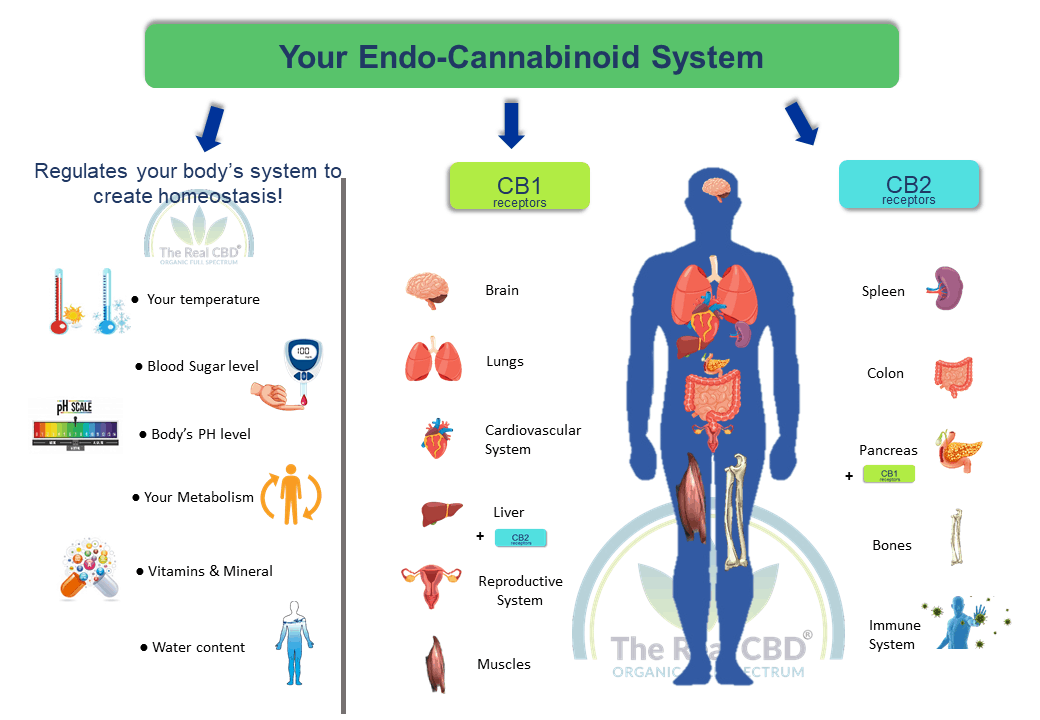
The CB1 Receptors: Regulating the Brain & Nervous System
These are found in the brain and nervous system. CB1 receptors affect how we remember being scared, how much pain we can take, how hungry we are, and how we feel. CB1 is turned on by the mood-boosting neurotransmitter anandamide. When anandamide levels are low, there aren't enough CB1 receptors, which makes stress and anxiety worse.
The CB2 Receptors: Regulating Pain & Inflammation
Inflammation is a major cause of many diseases, and CB2 receptors control it.
Both the immune system and the digestive system have a lot of CB2 receptors. CBD binds to CB2 receptors, which then control hunger, immunity, inflammation, and pain.
People with PTSD may have trouble with ECS signaling because they don't have enough or too many endocannabinoids. This may cause them to have more anxiety, fear, and bad memories.
Most cannabinoids work on both CB1 and CB2 receptors to help them get back to normal.
As a result, CBD may be useful for PTSD patients.
More from our blog:
Research Supports CBD for PTSD

Research shows that CBD can help with some of the most common symptoms of PTSD, like preventing the formation of fear memories, lowering anxiety, and making it easier to sleep.
In a 2018 review, researchers found that CBD is a safe and effective way to treat PTSD, with significant improvements in symptoms, especially when it comes to making it harder to remember bad things.
Other research has shown that the synthetic cannabinoid nabilone (Sativex), which is used to treat trauma-related nightmares in people who did not respond to traditional treatments, is effective.
As people become more open to CBD, more countries are letting people with PTSD use medical-grade cannabis to treat their symptoms. CBD is seen as a good treatment option because it can help with anxiety, depression, sleep, and getting rid of flashbacks without causing serious side effects.
CBD is a safer treatment for people with PTSD that doesn't have any side effects. But CBD interacts with a lot of medicines.
Key Takeaways: Using CBD For PTSD
It can be hard to live with PTSD. Although there is no cure, there is still hope.
CBD can help relieve many of the symptoms of PTSD, like anxiety, depression, and insomnia. It may also stop nightmares and flashbacks from happening.
CBD Oil is a safe and effective way to treat symptoms and make life better.
If you want to try CBD oil, you should talk to your doctor before you stop taking other medications.
In addition to making changes to your lifestyle, natural therapies can help people recover from PTSD when they are combined with traditional treatments.
FAQ
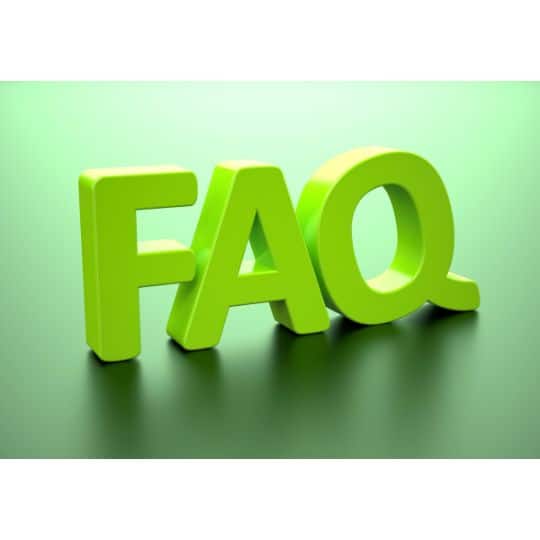
CBD, or cannabidiol, is a natural compound found in cannabis plants. It's known for its potential therapeutic properties without the psychoactive effects associated with THC. For those with PTSD, CBD may help reduce symptoms such as anxiety, nightmares, and sleep disturbances by influencing the body's endocannabinoid system, which plays a key role in regulating mood and stress responses.
CBD can be taken in various forms, including oils, tinctures, capsules, and edibles. The ideal method depends on personal preference and the specific symptoms being targeted. Starting with a low dose and gradually increasing based on response and comfort level is generally recommended, possibly under the guidance of a healthcare professional.
CBD is generally well-tolerated, but some individuals may experience side effects such as fatigue, changes in appetite, or gastrointestinal issues. It's important to use high-quality CBD products and consult with a healthcare provider, especially if taking other medications, to minimize risks and interactions.
The response time to CBD can vary widely among individuals. Some may notice improvements in symptoms like anxiety and sleep quality within a few days, while for others, it might take several weeks to observe noticeable changes. Consistent use and patience are key, along with monitoring effects and adjusting dosage as needed.
The Real CBD for PTSD
-
Product on sale
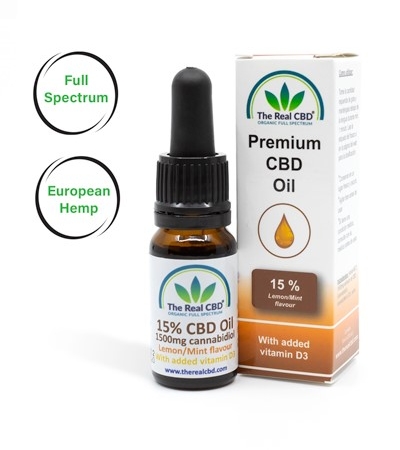 15% CBD oil with Vitamin D3Original price was: €85.00.€75.50Current price is: €75.50.
15% CBD oil with Vitamin D3Original price was: €85.00.€75.50Current price is: €75.50. -
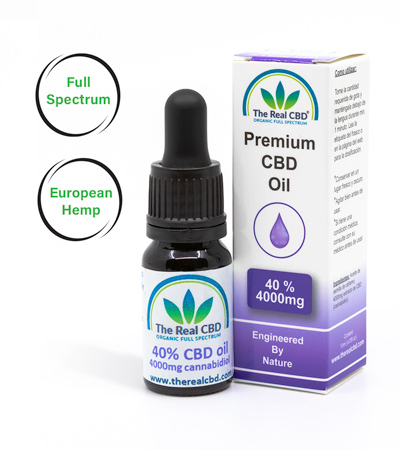 40% Raw CBD Oil€189.00
40% Raw CBD Oil€189.00 -
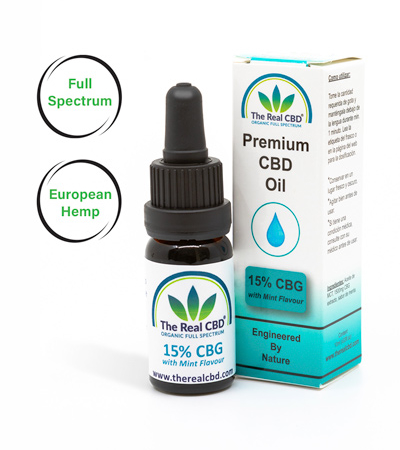 15% CBG Oil with mint taste€119.00
15% CBG Oil with mint taste€119.00 -
Product on sale
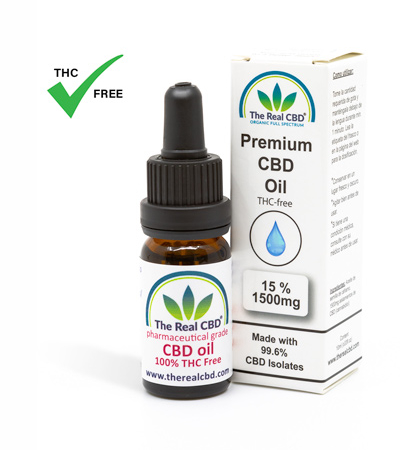 15% CBD oil – THC FreeOriginal price was: €80.00.€67.50Current price is: €67.50.
15% CBD oil – THC FreeOriginal price was: €80.00.€67.50Current price is: €67.50. -
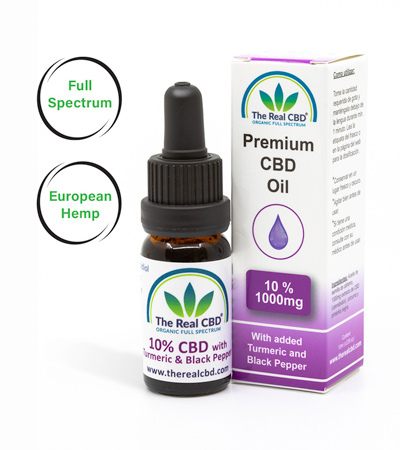 10% CBD oil with turmeric and black pepper€55.00
10% CBD oil with turmeric and black pepper€55.00 -
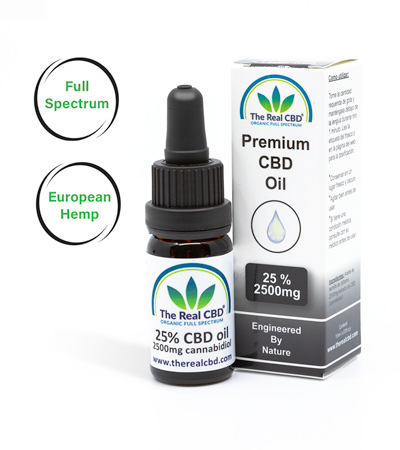 25% Pure CBD oil€139.00
25% Pure CBD oil€139.00 -
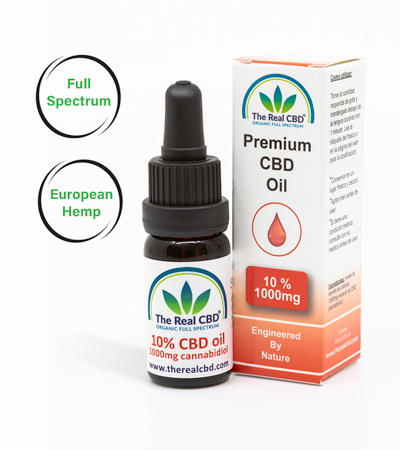 10% CBD oil€55.00
10% CBD oil€55.00 -
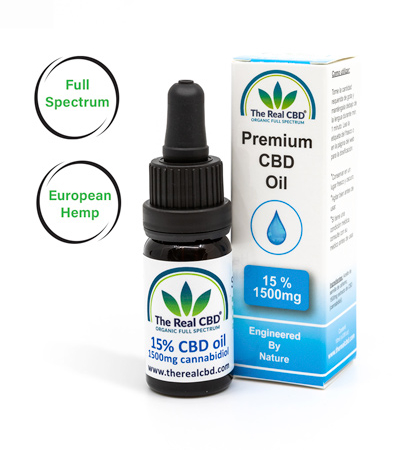 15% Pure CBD oil€80.00 – €85.00
15% Pure CBD oil€80.00 – €85.00

I am a certified expert in Medicinal Cannabis. We are all about giving correct and trustworthy information. We know how important it is to learn about CBD and cannabis, which is why we want to be your go-to source for trustworthy information. We help you improve your health by using our knowledge and experience as a starting point.

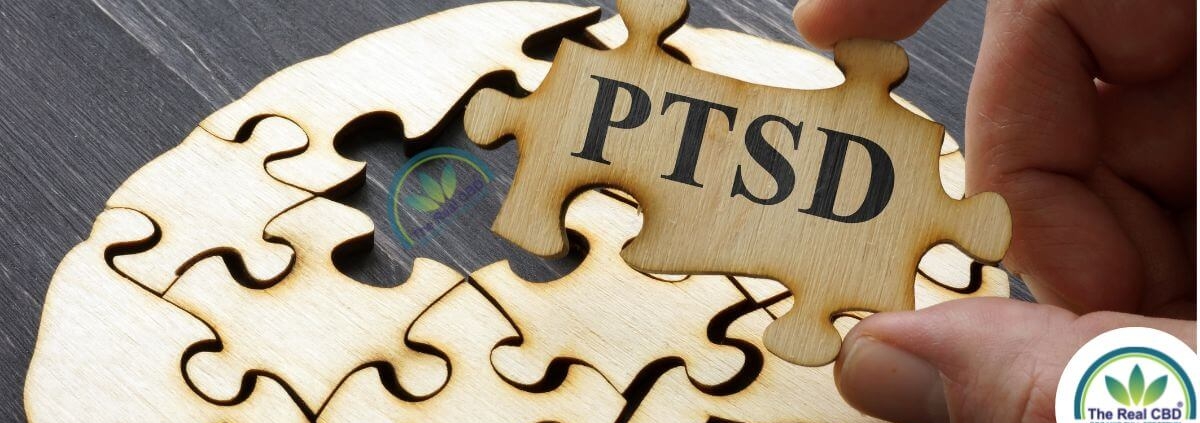
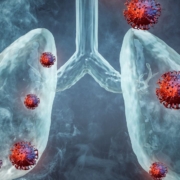
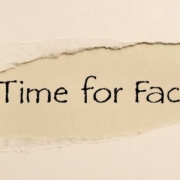

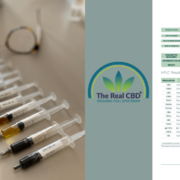
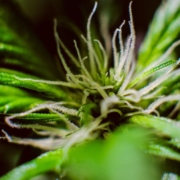


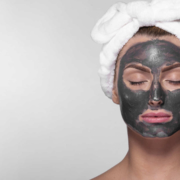




Leave a Reply
Want to join the discussion?Feel free to contribute!